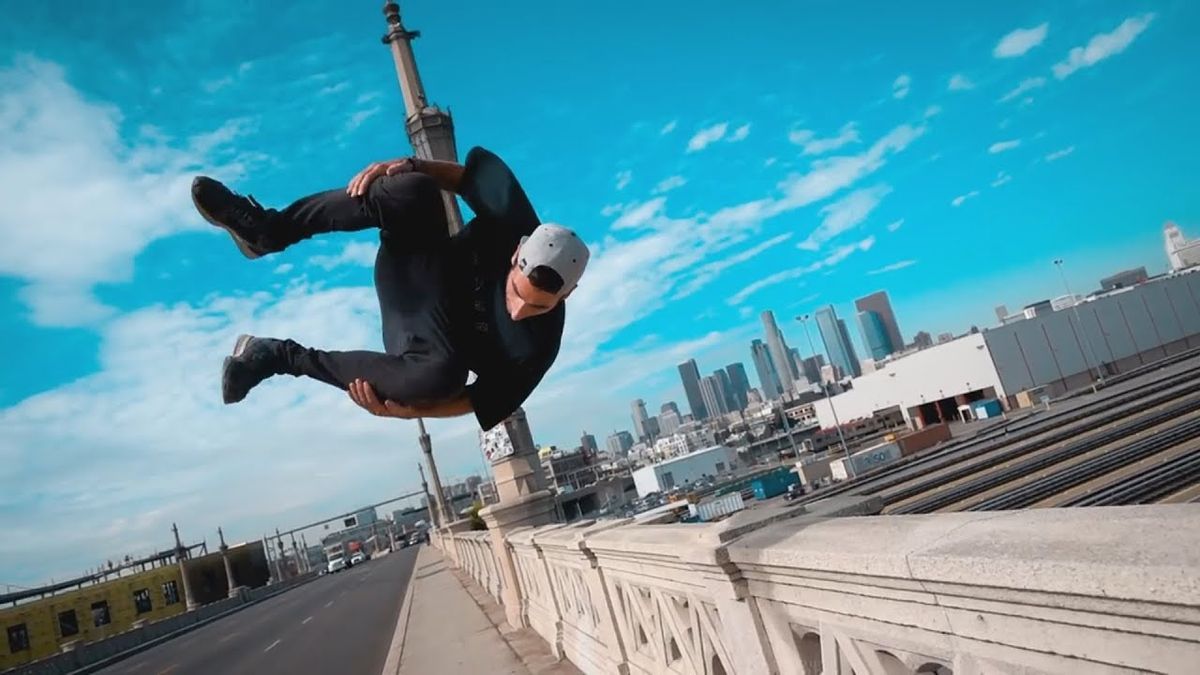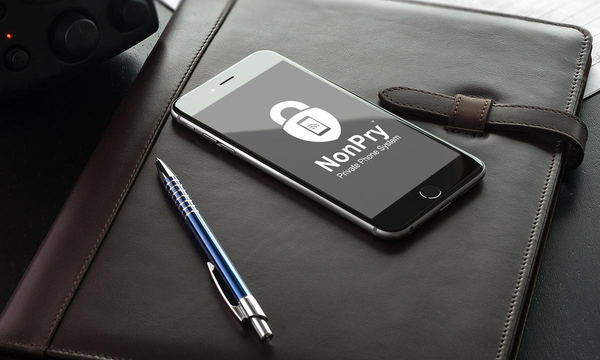Proposal to expand Decentraland’s parkour creation kit gets off the ground

On Monday, a software engineer submitted a proposal to the Decentraland DAO, seeking funds to expand the metaverse’s parkour creation kit.
Decentraland already has a module that allows users to create their own parkour stages, including static, moving, rotating, and blinking stages. While the existing module significantly lowers the level of programming knowledge required to create parkour stages on the metaverse platform, the software engineer argues that it lacks certain “game elements associated with the parkour/platformer genre, such as collectible objects and death/respawn mechanics.”
The proposal seeks to make these extra elements available to creators. In particular, users will be able to add collectibles like coins and relics to their parkour courses, create traps to kill players, and checkpoints for the player to respawn when killed.
The proposal is seeking a grant of $3000, and according to the proposition, the software engineer will single-handedly work on the kit expansion. The individual claims to have been programming for over a decade and has worked on a number of open-source projects through the Decentraland SDK.
Interestingly, the timeline for the project is two weeks. In the first week, the developer will implement core features and welcome feedback for a rough demo scene. In the second week, the demo scene will be refined based on the feedback.
As of press time, 36 members of the Decentraland DAO had voted in favor of the proposal, with just 6 persons voting against it. Voting is open until October 31.
Decentraland is an Ethereum-based virtual reality platform that allows users to “create, experience, and monetize content and applications.” Changes to the Decentraland ecosystem are achieved through its decentralized autonomous organization (DAO). The DAO also controls Estate and LAND smart contracts.
Through votes, the DAO can issue grants and enforce changes to records such as catalyst nodes, banned names, and POIs. These changes come in the form of proposals, which must be voted upon.
Check BTC Peers guide of the most promising crypto





